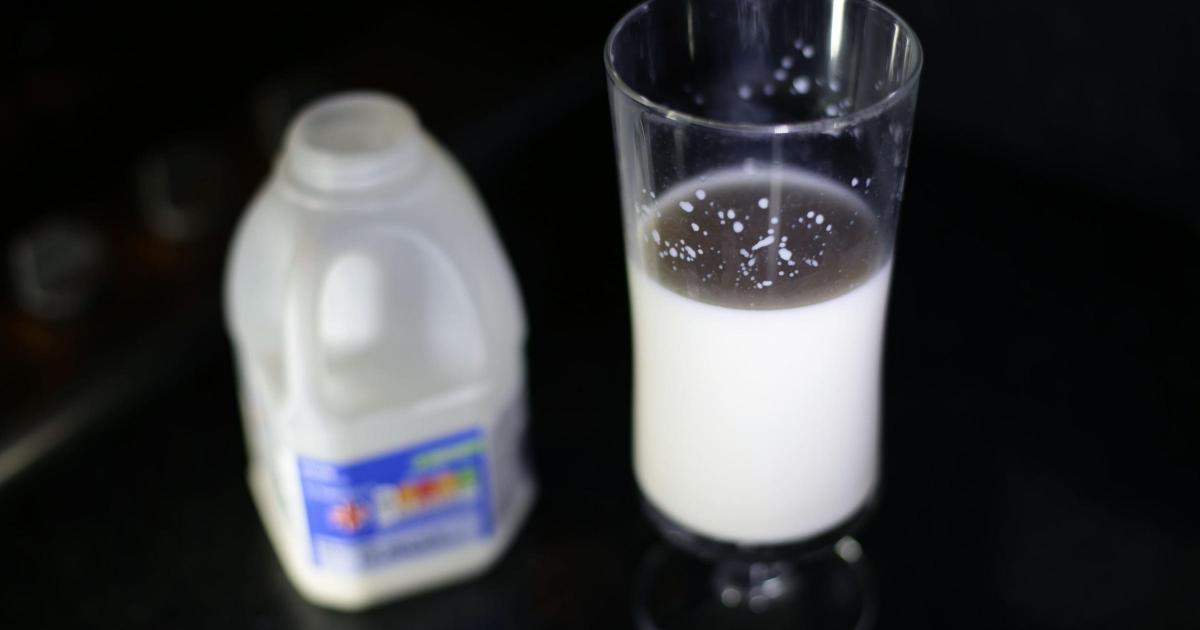Plant-based milk drinks – including soya, oat and almond milk – have soared in popularity in recent years.
Now nutritional experts advising the UK Government have published a report on the benefits and risks of milk substitutes, with some concerns raised about the use of the products among children under the age of five.
In children aged one to five there is a risk that only consuming plant-based drinks can lead to “inadequate intakes of some micronutrients”, according to experts on the Scientific Advisory Committee on Nutrition (SACN) and the Committee on Toxicity of Chemicals in Food, Consumer Products and the Environment (Cot).
And people of any age group who have these drinks could have a higher intake of added sugar.
But the report stresses that nutritional concerns may be “lessened” if people opt for unsweetened soya, oat and almond milk drinks and if these drinks are fortified with vitamin A, riboflavin, vitamin B12, calcium and iodine at similar levels to those in cows’ milk, and also with vitamin D.
And they said that typical almond, oat and soya drinks may contribute to lower intakes of calories and saturated fat, with higher intake of fibre and vitamin D, which would be beneficial to most.
But the new report highlights a “potential toxicological concern” with milk substitutes in children up to the age of five who follow a vegan diet and consume a lot of soya.
The expert group said that these children may be more likely to consume high amounts of a naturally occurring compound called isoflavones.
But the risk could be partially mitigated by ensuring children following a vegan diet get their protein from a variety of sources and not just soya.
SACN and Cot made a series of nutrition recommendations for children under the age of five, older children and adults who drink milk substitutes, including:
– It is “preferable” that children aged one to five consume whole or semi-skimmed cows’ milk over plant-based drinks, if they consume animal products, but unsweetened and fortified plant-based milks are an “acceptable alternative”.
– Unfortified or sweetened plant-based drinks are “not an acceptable alternative to cows’ milk”.
– SACN and Cot also said that “there is no need for drinks specifically marketed for children aged one to three years, including plant-based follow-on formula, ‘growing up’ and other ‘toddler’ drinks”.
– Vegan children aged one to five should consume fortified and unsweetened plant-based milks over water, where other children would drink cows’ milk.
– Soya milk is preferable as the main substitute for cows’ milk for vegan children aged one to five, because it has higher amounts of protein compared to almond or oat milks. But the experts stressed vegan children should be offered a wide variety in protein in their general food and drink consumption, to avoid high intakes of isoflavones linked to soya.
– For children aged five and over and adults, fortified and unsweetened almond, oat and soya drinks are an acceptable alternative to cows’ milk.
They conclude: “No almond, oat or soya drink available in the UK is nutritionally equivalent to cows’ milk.
“The most appropriate alternative to cows’ milk varies by age group and people’s wider dietary intakes and health concerns.”
They add: “There are potential nutritional and toxicological concerns related to plant-based drinks, and these particularly apply to children aged one to five years, especially those who are following a vegan diet.
“There are potential nutritional concerns related to higher intakes of free sugars and inadequate intakes of certain micronutrients (for all three plant-based drinks) and lower intakes of protein (for almond and oat drinks).”


